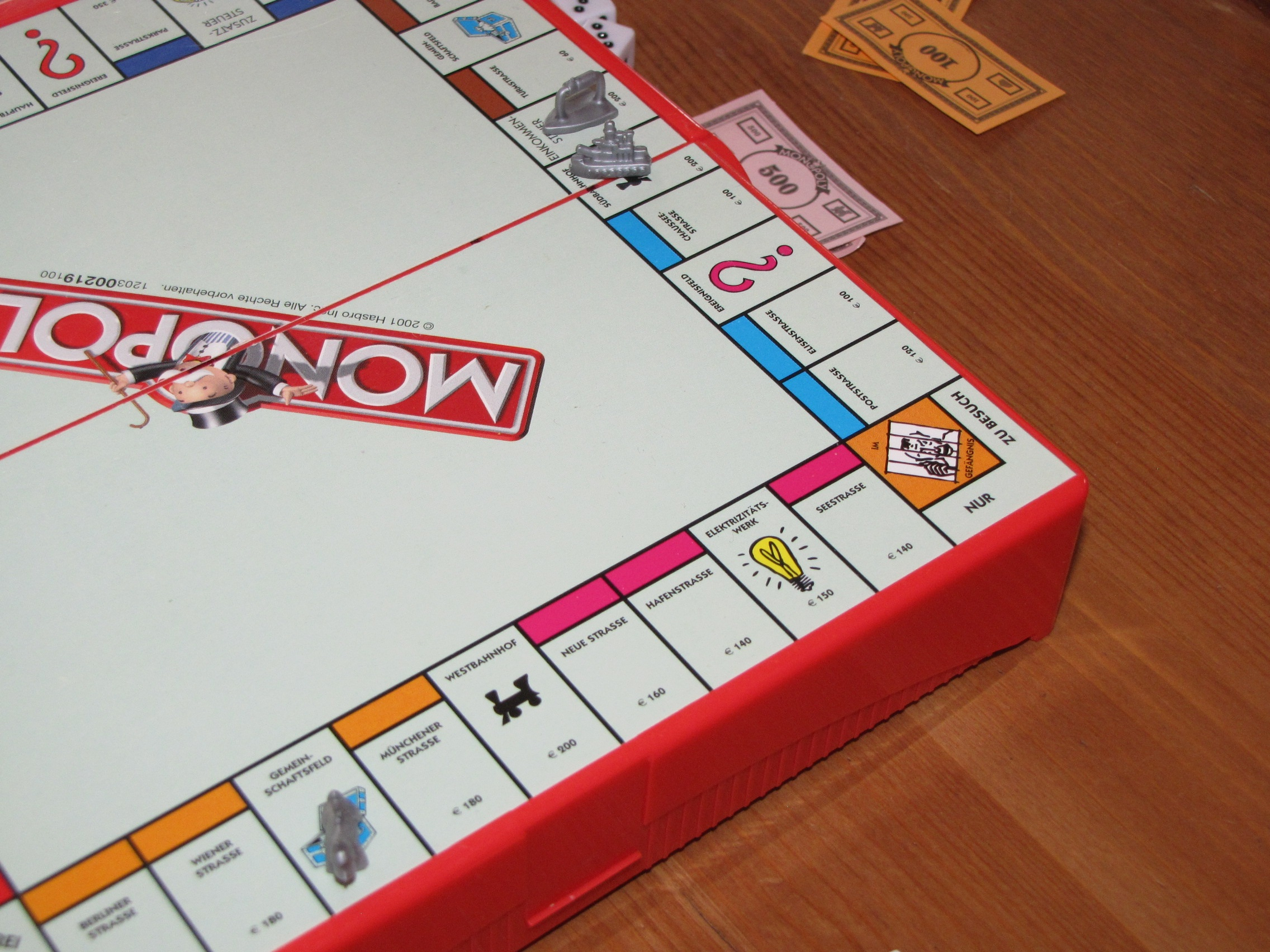Stricter rules governing Airbnbs and other short-term rentals in Toronto are coming following a decision handed down by the Local Planning and Appeal Tribunal (LPAT) — here’s what you need to know.
Back in December 2017, Toronto city council approved zoning bylaw amendments that were supposed to take effect in June 2018. However, those rules were put on hold as they were challenged at the LPAT, which made its final ruling on Monday.
Adjudicator Scott Tousaw described the regulations as “good planning in the public interest.”
Mayor John Tory called the decision to back the city’s rules “a step in the right direction,” while other councillors have said it will lead to thousands of potential rental units being put back onto the market as the city grapples with major affordable housing issues.
However, the rules will lead to big changes for Airbnb operators.
So what’s next if you list a place on Airbnb or plan to stay in one in Toronto?
When will the new rules take effect?
The city says it will have more information in December about implementation, timelines, and how the licensing, registration, and four per cent Municipal Accommodation Tax (MAT) will work.
How many units will this return to the market?
The LPAT decision notes that some 5,000 units could return to the long-term rental market with the new regulations, though that number may also be somewhat lower, depending on how operators respond to the changes.
How will this affect Airbnb hosts?
Under the new rules, short-term rentals will only be allowed in landlords’ principal residences for up to 180 nights a year for an entire house or apartment. Homeowners could also rent up to three bedrooms year-round on a short-term — defined as less than 28 days — basis.
How will the city enforce its rules?
The city has not said how it intends to enforce the new rules. But all short-term rental operators will be required to register with the city and attain a licence.
Will this make housing more affordable in Toronto?
The tribunal was not requested to consider whether the return of units to the rental market would have a measurable effect on the availability and affordability of housing. But it notes that, throughout the hearings, no one disputes that there is a housing crisis in Toronto and that availability and affordability of housing are interconnected issues influenced by a host of contributing factors.
Narmadha Rajakumar, a senior planner with the city, who was called as a witness during the hearings, notes that the potential return of dwelling units and secondary suites to the long-term rental or ownership market, may assist, even in a small way, the availability of housing in the city.
Expert witnesses for the appellants claimed there would be an insignificant return of dwelling units to the long-term rental market.
The tribunal says the zoning bylaw amendments serve to protect the housing supply as permanent domiciles for residents, and second, by responding to the availability and affordability issues, if not by returning units to the rental market, at least by preventing further conversions of dwelling units into dedicated short-term-rentals.



